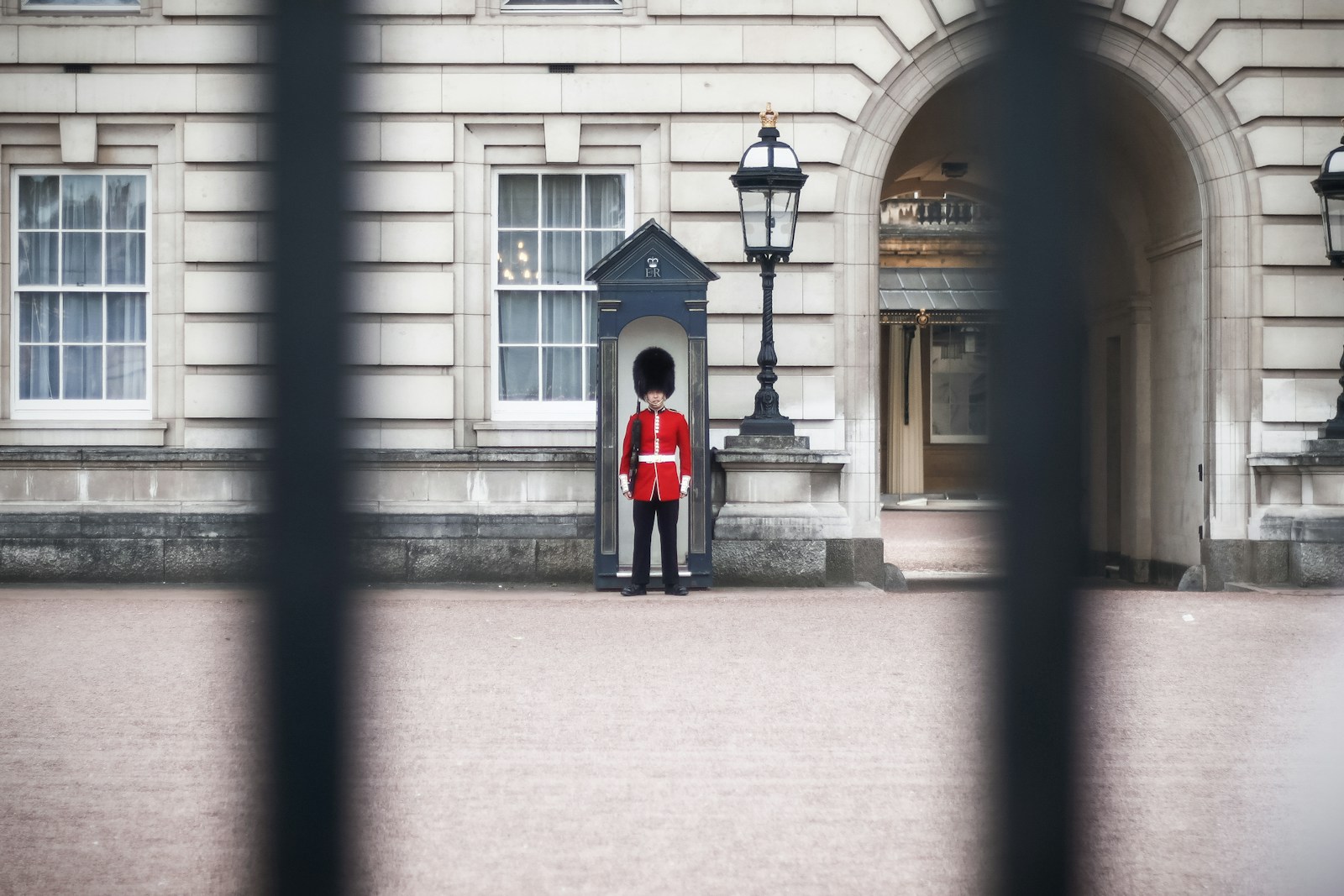
Introduction
Prince Harry, the Duke of Sussex, has been through a series of significant life events, including his decision to step back from his royal duties and move to the United States with his wife, Meghan Markle. Recently, he revealed how he learned about his father’s, King Charles III, cancer diagnosis. This revelation has shed light on the complex dynamics within the royal family and Harry’s personal journey. In this article, we will explore the details of Prince Harry’s journey, from his concerns about his royal title to the potential implications of becoming a US citizen.
Prince Harry’s Consideration of US Citizenship
One of the most intriguing aspects of Prince Harry’s recent interviews is his contemplation of becoming a US citizen. The US Citizenship and Immigration Services (USCIS) has a policy called “Renunciation of Title or Order of Nobility,” which states that applicants with hereditary titles or positions of nobility in foreign states must renounce them if they want to become US citizens1. This means that Prince Harry, as a member of the royal family, may have to relinquish his royal title if he chooses to pursue US citizenship.
While Prince Harry has mentioned that American citizenship has crossed his mind, he also emphasized that it is not currently a high priority for him1. However, the potential implications of renouncing his title and the unique legal issues surrounding his case have sparked interest and speculation.
Legal Implications and Unique Challenges
Prince Harry’s pursuit of US citizenship presents a unique challenge for the American legal system. Celebrity attorney James L. Leonard Jr. highlights the unprecedented nature of this situation, stating that it may be a matter of first impression for the court system1. At 50 years old, Leonard has never witnessed another royal applying for US citizenship. This raises intriguing legal questions and potential complications.
Leonard acknowledges that the US immigration legal system is strict and not particularly flexible1. While some waivers exist for exceptions to the “Oath of Allegiance,” they primarily apply to religious or medical purposes1. Given the lack of precedent and the rigidity of immigration law, it may be challenging for Prince Harry to navigate the process without losing his royal title.
The Role of Honorary Citizenship
One potential solution that attorney Alphonse Provinziano suggests is granting Prince Harry honorary citizenship, as was done for Winston Churchill1. This approach would allow him to retain his knighthood and potentially avoid the constitutional crisis that could arise from renouncing his title1. However, Provinziano notes that American citizenship may not be advantageous for Prince Harry, considering the potential risks and consequences1.
The Impact on Prince Harry’s Succession
If Prince Harry were to pursue US citizenship and renounce his royal title, it could have significant implications for the line of succession to the British throne. Currently, Harry is fifth in line, but becoming a US citizen would remove him from the line of succession and potentially cause a constitutional crisis similar to the abdication of his great-uncle, Edward VIII1. The potential consequences of this decision on the monarchy and the dynamics within the royal family cannot be understated.
Harry’s Hesitation and Busy Schedule
In his interviews, Prince Harry expressed some hesitation about actively pursuing US citizenship. When asked about the reasons for not taking concrete steps, Harry responded, “I have no idea” and pointed to his busy schedule, particularly his involvement in preparing for the 2025 Invictus Games in Canada1. While this explanation leaves some unanswered questions, it suggests that Prince Harry’s current priorities lie elsewhere.
Public Perception and Identity
Another aspect Prince Harry touched upon is his evolving sense of identity. Moving to the United States and considering American citizenship has raised questions about how he truly feels and where he belongs. Harry admitted, “I don’t know how I feel” and emphasized that he does not yet feel fully American1. This internal struggle and the external perception of his identity add complexity to his personal journey.
Potential Precedent and Legal Creativity
Prince Harry’s case presents an opportunity to set a legal precedent and explore creative legal solutions. James L. Leonard Jr. believes that the court system has likely not dealt with a scenario like this before1. The lack of precedent and the uniqueness of Prince Harry’s situation may require his legal team to think outside the box and seek creative strategies to navigate the complexities of immigration law.
Balancing Family and Personal Choices
Prince Harry’s decision-making process is undoubtedly influenced by his family dynamics, both within the royal family and his immediate family with Meghan Markle and their children. The implications of his choices extend beyond his own aspirations and include the well-being and future of his family. This delicate balance between personal desires and family responsibilities adds another layer of complexity to his journey.
The Significance of Titles and Royal Connections
Throughout his life, Prince Harry has carried the weight of his royal title and the expectations that come with it. The potential loss of his title as a result of pursuing US citizenship raises questions about his identity and the role titles play in defining one’s place in society. It also highlights the challenges faced by those who straddle different cultural and national identities.
The Influence of Public Opinion and Backlash
Prince Harry and Meghan Markle have faced significant public scrutiny and backlash throughout their journey. The launch of their website, Sussex.com, to promote their philanthropic endeavors, was met with criticism1. This backlash serves as a reminder of the public’s heightened interest in their lives and the potential impact of their decisions on public perception.









